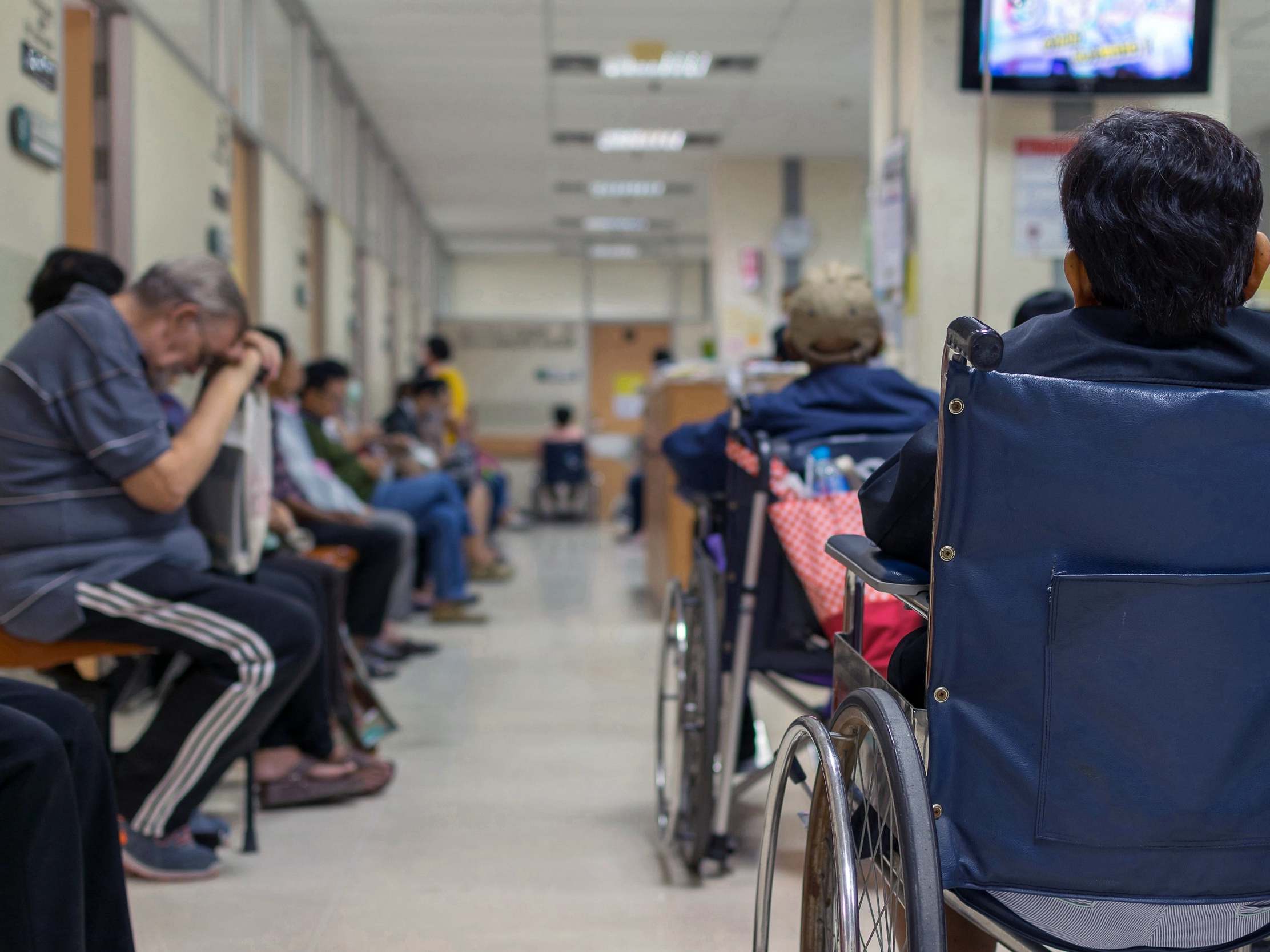We need to listen to what NHS staff are telling us
Health correspondent Shaun Lintern argues the results of the NHS staff survey should be a wake-up call for health service bosses


Surveys, as a general rule, are a fairly poor way of understanding what a large number of people think about things. Most tend to draw on a small samples of self-selecting respondents which can skew results in a variety of directions and deny you meaningful intelligence you can act on.
But the annual NHS staff survey is different. It is the largest workforce survey in the world and has been carried out every year since 2003. The number of staff responding to the survey has now reached 569,000 – almost 44 per cent of the 1.3 million staff employed in the health service.
So what they say is meaningful, it does give an indication of what life is really like for doctors, nurses and other staff working on the frontline. It tells us how the pressures are impacting on them and their view of risks and concerns.
We should listen to what they are telling us and it’s important to look beyond the percentages to understand the real numbers and what they are saying.
For example, more than half, 56 per cent, of staff – equivalent to 318,600 workers – do extra unpaid hours on a weekly basis. That figure has improved in recent years but when you consider doctors and nurses work 12-hour shifts to begin with, putting them in a situation where they have to work extra is not only putting them at risk it’s also putting patient safety at risk.
Elsewhere, more than 40 per cent – 227,600 staff, said they had been made ill by stress in the last year – an increasing trend from 2016 and reflecting no doubt the effort required by staff to meet the ever rising patient demand without enough nurses and doctors to cope.
The 15 per cent of staff who experienced some form of physical violence last year could rightly be described as a significant minority of staff. In truth that figure equates to 85,000 men and women being attacked while working in the NHS.
On patient safety, more than a quarter of staff, 28 per cent, said they had personally witnessed a mistake that could hurt patients in the last month. What that means is almost 160,000 errors in a month, each one with the potential to harm a patient.
This figure is also 3 per cent higher than in 2016, suggesting more errors are being witnessed. When you put that next to the questions on stress and unpaid overtime you can start to see what it’s like to work for the NHS.
However, as with all surveys there is still an element of subjectivity to these answers. People will almost certainly view incidents and relationships differently depending on their experience but even with the positive developments of more staff feeling valued and supported by their managers for example, the staff survey gives a real indication that much more still needs to be done to make the NHS a modern day employer people want to work for.
Given the current 100,000 vacancies for doctors, nurses and other staff, the fact that more than 85,000 NHS staff said they would definitely leave as soon as another job became available should serve as a wake-up call to bosses.
Join our commenting forum
Join thought-provoking conversations, follow other Independent readers and see their replies
Comments
Bookmark popover
Removed from bookmarks